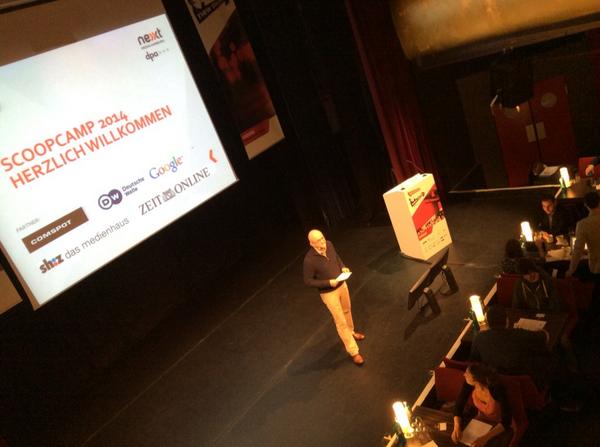Here are a few basic principles for communities, based on my own experience both on- and offline:
- Each participant should be clear about what he is giving and what he hopes to get. Overall, those desires should mesh, although they may well be different for each individual.
- There should be a way of determining who is in the community and who is outside it. Otherwise the community is meaningless.
- Community members should feel that they have invested in the community, and that therefore it is tough for them to leave. The ultimate punishment in a strong community is banishment, expulsion, excommunication, excile. … All those words signify the terror of being cast out of the community.
Communities fail when these principles are not observed: for example [the] dance club where people are screened in or out by the bouncer may or may not be a valid community, depending on how well the bouncer knows the crowd and whether they know one another. On the other hand, a good bartender can create a wonderful community, as illustrated […] by Rick in the movie Casablanca.
- The community’s rules should be clear, and there should be recourse if they are broken.
Sep 26, 2014
4 basic principles for communities
Esther Dyson writes in "Release 2.1, page 49":
Sep 12, 2014
watercolor serendipity
Me, exploring a new watercolor app for iPad. Wondering about the confusing icon of a whale with an umbrella. It doesn't resonate with me because it does not look like a watercolor image at all. But it turns out that this is meant to be a metaphor for a watercolor artist's toolbox.
Then serendipity strikes. While I was looking for colorful sample photos to be converted with the app, I took a photo from the TV screen – voilá – Juliette Binoche's painting tin box at Les Amants du Pont-Neuf done with Waterlogue.

Then serendipity strikes. While I was looking for colorful sample photos to be converted with the app, I took a photo from the TV screen – voilá – Juliette Binoche's painting tin box at Les Amants du Pont-Neuf done with Waterlogue.
Sep 10, 2014
Résumé zum Scoopcamp 2014
 |
| Gastgeber Meinolf Ellers (dpa-infocom) |
- open source - open sourcing journalism
- social media - telling stories by&for small communities
- data - find the stories in the vast amount of data
- personalization - local news, and news personalized for 1 individual person
- new devices - responsive thinking is just an intermediate step. when & where does someone need the info?
Die Stimmung im Kehrwieder-Theater und das Ambiente der Hafencity waren supèrbe, wie auch die Gespräche am Rande der Veranstaltung.
Am Nachmittag war ich im Workshop zu "Bewegtbild und Second Screen”. Aus TV-Sicht ist das der Versuch das Smartphone oder Tablet mit Sekundär-Infos zu bespielen. Das ging an meinen Erwartungen und wohl auch an der Realität vorbei; denn das Tablet in der Hand ist heute eher das Primary Device, und wenn da dann noch eine App des TV-Senders läuft, greife ich zum zweiten mobile Device für den Third Screen.
Ich habe fleißig auf meinem Primary Screen gezwitschert, denn ich fühle mich bei solch Veranstaltungen immer provoziert Querverweise auf andere Talks oder Artikel zu bringen. Aber schaut selbst_
 |
| Robot Journalism by Pierre Jaquet-Droz /via |
Das Scoopcamp scheint inzwischen für technisch aufgeschlossene Journalisten ein kleiner aber feiner Pflichttermin zu sein. Das ist gut und wichtig. Ein Camp im Sinne von Barcamp ist es aber nicht. Ein Camp im Sinne von unkompliziertem Meinungsaustausch hingegen schon.
Subscribe to:
Comments (Atom)